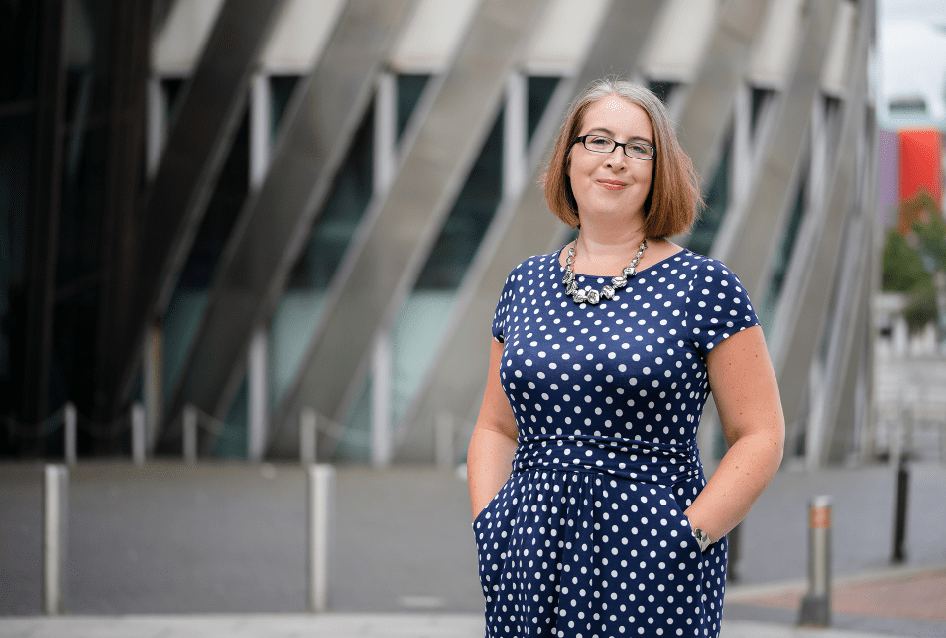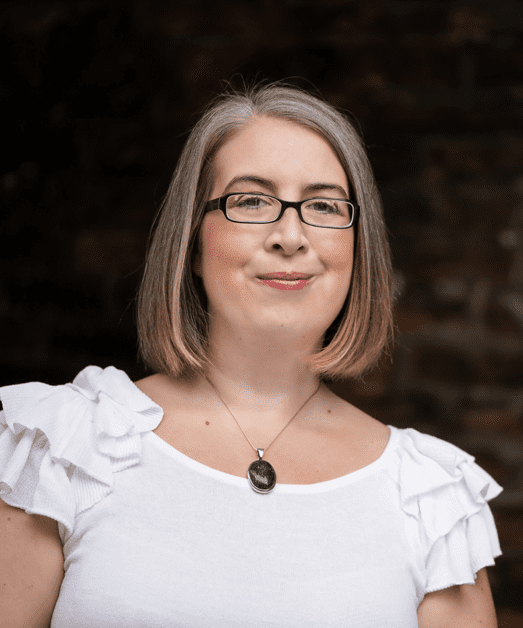Therapy for OCD
What is OCD?
Obsessive Compulsive Disorder (OCD) is a type of anxiety that can be incredibly debilitating. It comprises of two parts – obsessions which are unwanted thoughts or images; and compulsions which are behaviours that are done in response to obsessions. Some types of anxiety are predominantly compulsions, other types of predominantly obsessions.


Types of OCD
There are lots of types of OCD. Our stereotype idea of OCD typically covers cleaning/washing compulsions, checking behaviours, and arranging/ordering/symmetry. But these are just a few types of OCD.
The most common type of OCD I work with is obsession based. This includes distressing thoughts or images that suddenly come into the mind unwanted. These obsessions include thoughts of harming yourself (e.g., jumping off a balcony, stabbing yourself, driving into traffic etc.), of harming others (e.g., smothering a baby, hitting someone, pushing someone in front of traffic etc.), and of sexually inappropriate acts (e.g., touching a child, having sex with a relative etc.). These thoughts are incredibly upsetting and anxiety provoking, particularly when you don’t understand what is happening and why.
There are other types of OCD too – fear of contamination, self-doubt (often leading to double checking things), worry about having done something without realising, the need to confess, hoarding and others.
Treating OCD
Treatment for OCD is focused on breaking the toxic cycle. The cycle is maintained believing in our intrusive thoughts, and then acting as if these thoughts were true (when they are not). It is also maintained by the self-judgment we have for the thoughts we are having. By feeding our fears, the problem grows. Therefore, treatment is about doing the opposite and showing our brain that these fears aren’t valid, that the thoughts are lies, and that we don’t need to do the compulsions anymore.
OCD typically begins in our teen years. The content that the thoughts are centred around will typically change over the years. Understandably finding a new way forwards can feel really challenging and overwhelming. This is why unfortunately the average person with OCD won’t seek treatment for 10+ years after the symptoms start, and 20+ years is not uncommon. As time goes by, the list of compulsions is likely to get longer and your potential to manage your anxiety will get increasingly difficult if you don’t seek help.
But Obsessive-Compulsive Disorder is treatable. CBT for OCD is effective when delivered by an experienced therapist. All techniques I use in sessions have been researched and tested in trials to ensure you are provided with the most up to date and effective treatment for your symptoms.
TAKE A CHANCE TO READ OUR BLOGS

Therapy for OCD
At Hannah Paskin Therapy I will work with you to break the cycle of your OCD, so it is no longer impacting on your quality of life. My aim is not just to better learn to leave with OCD, but to overcome it not just now but long-term.
At my clinic, I offer a supportive and welcoming space where we can explore the challenges you face together. I believe that my role, first and foremost, is to help you to find a new way forward.
Therapy isn’t a walk in the park, it requires you being willing to engage in change, and put in consistent effort. But my clients regularly tell me how valuable our sessions are, and how life changing treatment is.




